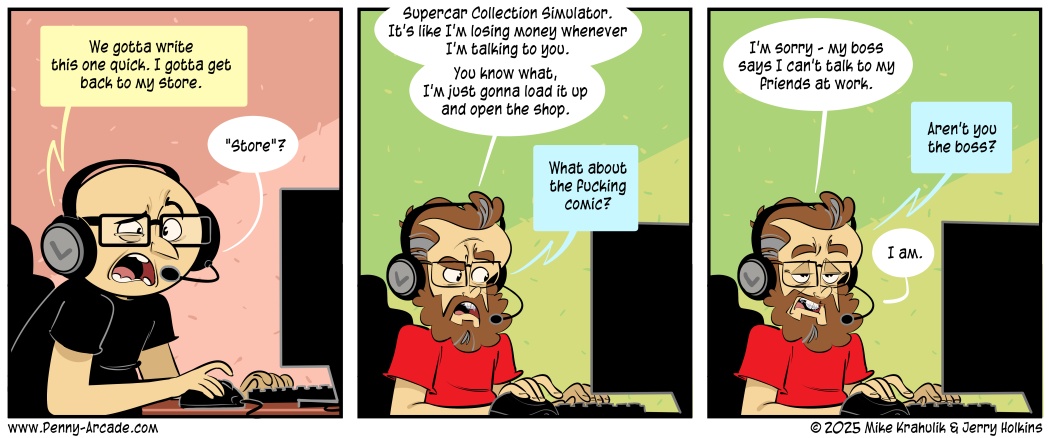Leicester Square Bans Street Performers Amid Noise Complaints

For many generations, street musicians, often referred to as buskers, have played a vital role in creating the vibrant atmosphere of Leicester Square, a popular tourist destination located in the heart of Londons bustling West End. This iconic area has witnessed numerous aspiring artists, including the likes of legendary pop stars Rod Stewart and George Michael, who once honed their craft on the very sidewalks now subject to a significant change in policy.
However, a new chapter is unfolding for Leicester Square as the Westminster City Council has made a controversial decision to ban street performances in this renowned public space. This decision came to light this week after a judge described the busking activities as a nuisance, remarking that the continuous repetition of popular songs had become a well-known feature of what he termed psychological torture. The ruling highlights the growing tension between the artistic expression of street performers and the demands of urban life.
The ban was formally announced on Thursday, following a court case brought by Global, a prominent media company that operates an office building in close proximity to Leicester Square. The company contended that the incessant noise generated by street performances was overwhelming, and they presented compelling arguments that their employees were often forced to retreat to cupboards to take phone calls, seeking refuge from the loud sounds emanating from the street below.
Street performers have always elicited mixed reactions in large metropolitan areas. While many people appreciate the whimsy and entertainment provided by a cover band in a subway station or in a square, others find these public displays intrusive and disruptive. In the case of Leicester Square, it appears that the critics of busking have gained the upper hand in this ongoing debate over the balance between artistic expression and the need for a more serene urban environment.
This ban raises further questions about the future of street performances not only in Leicester Square but across other urban areas facing similar conflicts. As cities continue to evolve, the challenge remains to find a harmonious balance that respects both performers and the local community's desire for peace and quiet.


























